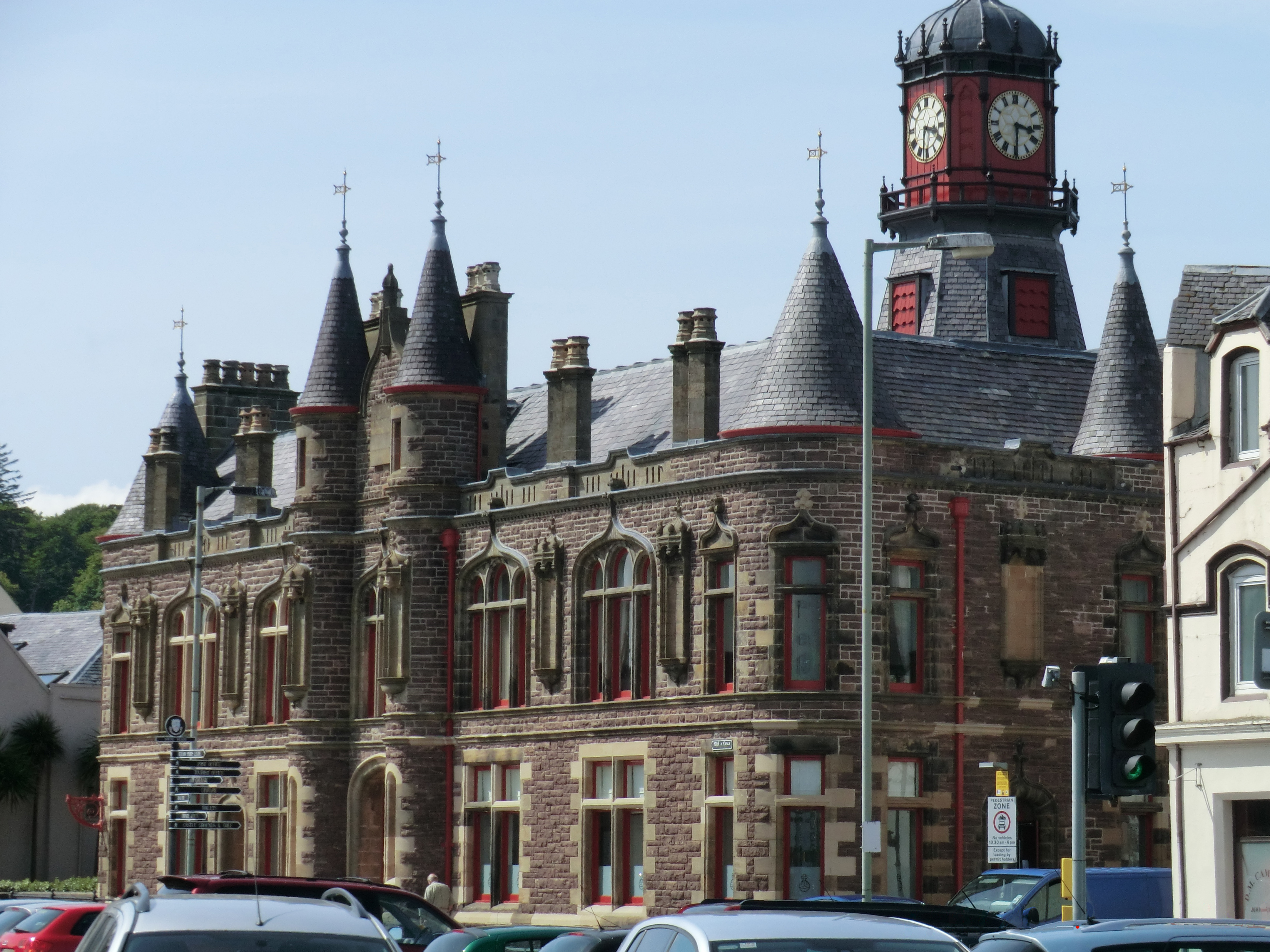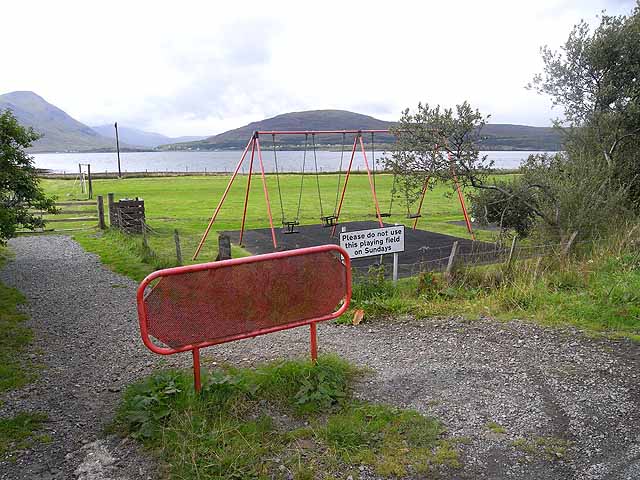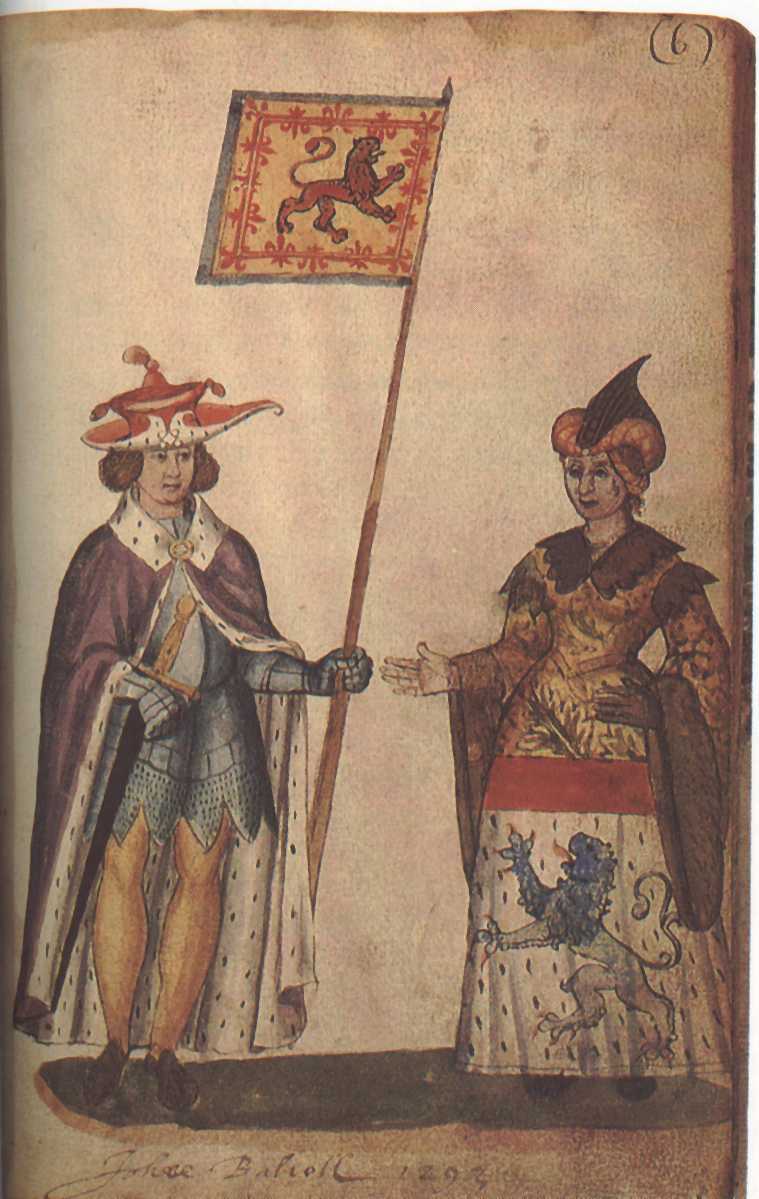|
Stornoway, Outer Hebrides
Stornoway (; gd, Steòrnabhagh; sco, Stornowa) is the main town of the Western Isles and the capital of Lewis and Harris in Scotland. The town's population is around 6,953, making it by far the largest town in the Outer Hebrides, as well as the third largest island town in Scotland after Kirkwall in Orkney and Lerwick in Shetland. The traditional civil parish of Stornoway, which includes various nearby villages, has a combined population of just over 10,000. The Comhairle nan Eilean Siar measures population in a different area: the ''Stornoway settlement'' area, Laxdale, Sandwick and Newmarket; in 2019, the estimated population for this area was 6,953. Stornoway is an important port and the major town and administrative centre of the Outer Hebrides. It is home to ''Comhairle nan Eilean Siar'' (the Western Isles Council) and a variety of educational, sporting and media establishments. Until relatively recently, observance of the Christian Sabbath (Sunday) has been ... [...More Info...] [...Related Items...] OR: [Wikipedia] [Google] [Baidu] |
English Language
English is a West Germanic language of the Indo-European language family, with its earliest forms spoken by the inhabitants of early medieval England. It is named after the Angles, one of the ancient Germanic peoples that migrated to the island of Great Britain. Existing on a dialect continuum with Scots, and then closest related to the Low Saxon and Frisian languages, English is genealogically West Germanic. However, its vocabulary is also distinctively influenced by dialects of France (about 29% of Modern English words) and Latin (also about 29%), plus some grammar and a small amount of core vocabulary influenced by Old Norse (a North Germanic language). Speakers of English are called Anglophones. The earliest forms of English, collectively known as Old English, evolved from a group of West Germanic (Ingvaeonic) dialects brought to Great Britain by Anglo-Saxon settlers in the 5th century and further mutated by Norse-speaking Viking settlers starting in the 8 ... [...More Info...] [...Related Items...] OR: [Wikipedia] [Google] [Baidu] |
Sabbath In Christianity
Sabbath in Christianity is the inclusion in Christianity of a Sabbath, a day set aside for rest and worship, a practice that was mandated for the Israelites in the Ten Commandments in line with God's blessing of the seventh day (Saturday) making it holy, "because on it God rested from all his work that he had done in creation". The practice was associated with the assembly of the people to worship in synagogues on the day known as Shabbat. Early Christians, at first mainly Jewish, observed the seventh-day Sabbath with prayer and rest, but gathered on the seventh day, Saturday, reckoned in Jewish tradition as beginning, like the other days, at sunset on what would now be considered the Friday evening. At the beginning of the second century Ignatius of Antioch approved non-observance of the Sabbath. The now majority practice of Christians is to observe Sunday, called the Lord's Day, rather than the Jewish seventh-day Sabbath as a day of rest and worship. Possibly because of a moveme ... [...More Info...] [...Related Items...] OR: [Wikipedia] [Google] [Baidu] |
Sir James Matheson
Sir James Nicolas Sutherland Matheson, 1st Baronet, FRS (17 November 179631 December 1878), was a Scottish Tai-Pan. Born in Shiness, Lairg, Sutherland, Scotland, he was the son of Captain Donald Matheson. He attended Edinburgh's Royal High School and the University of Edinburgh. He and William Jardine went on to co-found the Hong Kong-based trading conglomerate Jardine Matheson & Co. that became today's Jardine Matheson Holdings. China and Hong Kong After leaving university, Matheson spent two years in a London agency house before departing for Calcutta, India and a position in his uncle's trading firm, Mackintosh & Co. In 1807, Matheson was entrusted by his uncle with a letter to be delivered to the captain of a soon-to-depart British vessel. He forgot to deliver the missive and the vessel sailed without it. Incensed at his nephew's negligence, the uncle suggested that young James might be better off back in Britain. He took his uncle at his word and went to engage a pass ... [...More Info...] [...Related Items...] OR: [Wikipedia] [Google] [Baidu] |
Earl Of Seaforth
Earl of Seaforth was a title in the Peerage of Scotland and the Peerage of Ireland. It was held by the family of Mackenzie from 1623 to 1716, and again from 1771 to 1781. History The Mackenzies trace their descent to Colin of Kintail (died 1278), and their name is a variant of Mackenneth. Kenneth, the twelfth head of the clan, was made Lord Mackenzie of Kintail in 1609, and his son Colin, who succeeded his father as 2nd Lord Mackenzie in March 1611, was created earl of Seaforth in 1623. Colin's successor was his half-brother George (died 1651), who became the 2nd earl in 1633. George was alternately a royalist and a covenanter between 1636 and 1646, and was afterwards in Holland with Charles II, who made him Secretary of State for Scotland. His grandson, Kenneth, the 4th earl, followed James VII to France and was with the dethroned king in Ireland. Elevated by James in 1690, to Marquess of Seaforth and Viscount Fortrose (in the Jacobite peerage), he was sent to head the 1689 ... [...More Info...] [...Related Items...] OR: [Wikipedia] [Google] [Baidu] |
Gentleman Adventurers Of Fife
The Gentleman Adventurers of Fife or Fife Adventurers were a group of 11 noblemen-colonists, largely from eastern Fife, awarded rights from King James VI to colonise the Isle of Lewis in 1598. Background In 1597, the MacLeod clan chiefs were served with papers from the government stating that despite their centuries-long feudal tenure of the Isle of Lewis, their lack of legal paperwork exposed the lands to claims from the Crown. This stemmed from an Act of Parliament requiring all Highland clan chiefs to prove legal ownership of their land. This head-over-heels legislation exposed many long-held ancestral lands to seizure. The generally title-less lands of the Highlands and islands became a target for the more document-conscious Lowlanders. Legally trained nobility were the first to take opportunity of this, creating papers for lands with which they had no historical connection. The re-colonisation of Lewis King James VI had the aim of beginning the "civilising" or "de-Gaelicis ... [...More Info...] [...Related Items...] OR: [Wikipedia] [Google] [Baidu] |
List Of Monarchs Of Scotland
The monarch of Scotland was the head of state of the Kingdom of Scotland. According to tradition, the first King of Scots was Kenneth I MacAlpin (), who founded the state in 843. Historically, the Kingdom of Scotland is thought to have grown out of an earlier "Kingdom of the Picts" (and later the Kingdom of Strathclyde that was conquered in the 11th century, becoming part of the new Kingdom of Scotland) though in reality the distinction is a product of later medieval myth and confusion from a change in nomenclature i.e. ('King of the Picts') becomes (King of Alba) under Donald II when annals switched from Latin to vernacular around the end of the 9th century, by which time the word in Scottish Gaelic had come to refer to the Kingdom of the Picts rather than Britain (its older meaning). The Kingdom of the Picts just became known as the Kingdom of Alba in Scottish Gaelic, which later became known in Scots and English as ''Scotland''; the terms are retained in both languages ... [...More Info...] [...Related Items...] OR: [Wikipedia] [Google] [Baidu] |
James VI
James is a common English language surname and given name: *James (name), the typically masculine first name James * James (surname), various people with the last name James James or James City may also refer to: People * King James (other), various kings named James * Saint James (other) * James (musician) * James, brother of Jesus Places Canada * James Bay, a large body of water * James, Ontario United Kingdom * James College, a college of the University of York United States * James, Georgia, an unincorporated community * James, Iowa, an unincorporated community * James City, North Carolina * James City County, Virginia ** James City (Virginia Company) ** James City Shire * James City, Pennsylvania * St. James City, Florida Arts, entertainment, and media * ''James'' (2005 film), a Bollywood film * ''James'' (2008 film), an Irish short film * ''James'' (2022 film), an Indian Kannada-language film * James the Red Engine, a character in ''Thomas ... [...More Info...] [...Related Items...] OR: [Wikipedia] [Google] [Baidu] |
Natural Harbour
A harbor (American English), harbour (British English; see spelling differences), or haven is a sheltered body of water where ships, boats, and barges can be docked. The term ''harbor'' is often used interchangeably with ''port'', which is a man-made facility built for loading and unloading vessels and dropping off and picking up passengers. Ports usually include one or more harbors. Alexandria Port in Egypt is an example of a port with two harbors. Harbors may be natural or artificial. An artificial harbor can have deliberately constructed breakwaters, sea walls, or jettys or they can be constructed by dredging, which requires maintenance by further periodic dredging. An example of an artificial harbor is Long Beach Harbor, California, United States, which was an array of salt marshes and tidal flats too shallow for modern merchant ships before it was first dredged in the early 20th century. In contrast, a natural harbor is surrounded on several sides of land. Examples of n ... [...More Info...] [...Related Items...] OR: [Wikipedia] [Google] [Baidu] |
Old Norse
Old Norse, Old Nordic, or Old Scandinavian, is a stage of development of North Germanic dialects before their final divergence into separate Nordic languages. Old Norse was spoken by inhabitants of Scandinavia and their overseas settlements and chronologically coincides with the Viking Age, the Christianization of Scandinavia and the consolidation of Scandinavian kingdoms from about the 7th to the 15th centuries. The Proto-Norse language developed into Old Norse by the 8th century, and Old Norse began to develop into the modern North Germanic languages in the mid-to-late 14th century, ending the language phase known as Old Norse. These dates, however, are not absolute, since written Old Norse is found well into the 15th century. Old Norse was divided into three dialects: ''Old West Norse'' or ''Old West Nordic'' (often referred to as ''Old Norse''), ''Old East Norse'' or ''Old East Nordic'', and '' Old Gutnish''. Old West Norse and Old East Norse formed a dialect ... [...More Info...] [...Related Items...] OR: [Wikipedia] [Google] [Baidu] |
Vikings
Vikings ; non, víkingr is the modern name given to seafaring people originally from Scandinavia (present-day Denmark, Norway and Sweden), who from the late 8th to the late 11th centuries raided, pirated, traded and settled throughout parts of Europe.Roesdahl, pp. 9–22. They also voyaged as far as the Mediterranean, North Africa, Volga Bulgaria, the Middle East, and North America. In some of the countries they raided and settled in, this period is popularly known as the Viking Age, and the term "Viking" also commonly includes the inhabitants of the Scandinavian homelands as a collective whole. The Vikings had a profound impact on the early medieval history of Scandinavia, the British Isles, France, Estonia, and Kievan Rus'. Expert sailors and navigators aboard their characteristic longships, Vikings established Norse settlements and governments in the British Isles, the Faroe Islands, Iceland, Greenland, Normandy, and the Baltic coast, as wel ... [...More Info...] [...Related Items...] OR: [Wikipedia] [Google] [Baidu] |
Public Library In Stornoway - Panoramio
In public relations and communication science, publics are groups of individual people, and the public (a.k.a. the general public) is the totality of such groupings. This is a different concept to the sociological concept of the ''Öffentlichkeit'' or public sphere. The concept of a public has also been defined in political science, psychology, marketing, and advertising. In public relations and communication science, it is one of the more ambiguous concepts in the field. Although it has definitions in the theory of the field that have been formulated from the early 20th century onwards, and suffered more recent years from being blurred, as a result of conflation of the idea of a public with the notions of audience, market segment, community, constituency, and stakeholder. Etymology and definitions The name "public" originates with the Latin '' publicus'' (also '' poplicus''), from '' populus'', to the English word ' populace', and in general denotes some mass population ("the ... [...More Info...] [...Related Items...] OR: [Wikipedia] [Google] [Baidu] |
Vatersay
The island of Vatersay (; gd, Bhatarsaigh) is the southernmost and westernmost inhabited island in the Outer Hebrides of Scotland, and the settlement of Caolas on the north coast of the island is the westernmost permanently inhabited place in Scotland. The main village, also called Vatersay, is in the south of the island. Geography Vatersay is irregularly shaped and has a tombolo: it is composed of two rocky islands (north and south) linked by a sandy isthmus. The isthmus is covered in sand dunes and on either side are large white-sand beaches: Bàgh Siar (West Bay), and Bàgh Bhatarsaigh (Vatersay Bay) to the east. There are a number of beaches backed by sand dunes. The island is about from north to south, and the northern section of the island is about from west to east. Vatersay is linked to the larger island of Barra to the north by a causeway about long, which was completed in 1991. This is of great benefit, as the shipping of goods and passenger traffic no longer ... [...More Info...] [...Related Items...] OR: [Wikipedia] [Google] [Baidu] |








